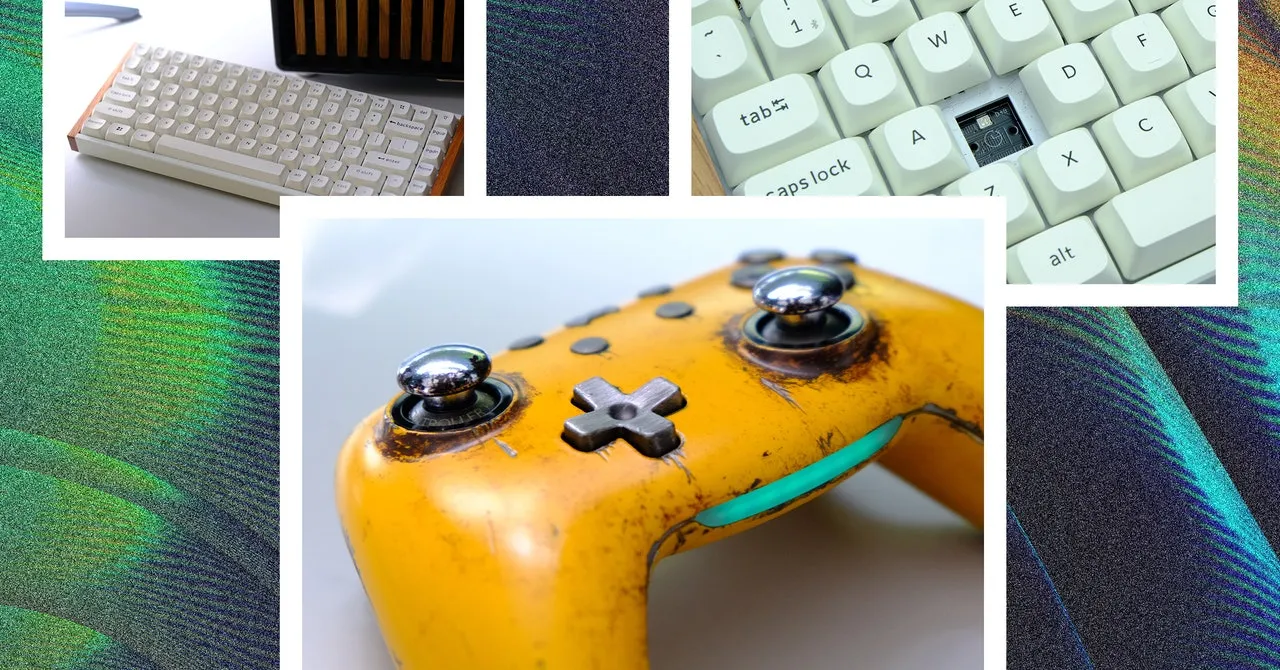Shopping for Mechanical Keyboards: How Hall Effect Sensors Enhance Keyboards and Accessories

The Hall Effect: A Game Changer
The Hall effect is a principle discovered by Edwin Hall in 1879, which allows magnets to interact with electrical currents to produce measurable voltage changes. This technology is transformed into Hall effect sensors, now prevalent in everyday devices like keyboards, enhancing user input precision.
Hall Effect Sensors: Advantages and Usage
- Improved Response Time: Thanks to magnetic operation, these sensors provide a far quicker response than traditional mechanical switches.
- Variable Inputs: Unlike standard switches, Hall Effect sensors register numerous input levels, allowing for customized activation points.
- Durability and Longevity: Hall effect switches promise durability, surpassing 100 million actuations without wear.
Applications in Gaming Controllers
Controllers incorporating Hall effect sensors offer enhanced precision and longevity, addressing issues such as stick drift commonly found in traditional designs.
Challenges of Hall Effect Tech
- Cost Considerations: Premium Hall effect keyboards start at about $130, with high-end models exceeding $200.
- Limited Customization: Although configurable via software, physical options might be stunted compared to traditional keyboards.
- Performance Variance: Not all Hall effect devices guarantee superior performance; quality control is still critical.
This article was prepared using information from open sources in accordance with the principles of Ethical Policy. The editorial team is not responsible for absolute accuracy, as it relies on data from the sources referenced.